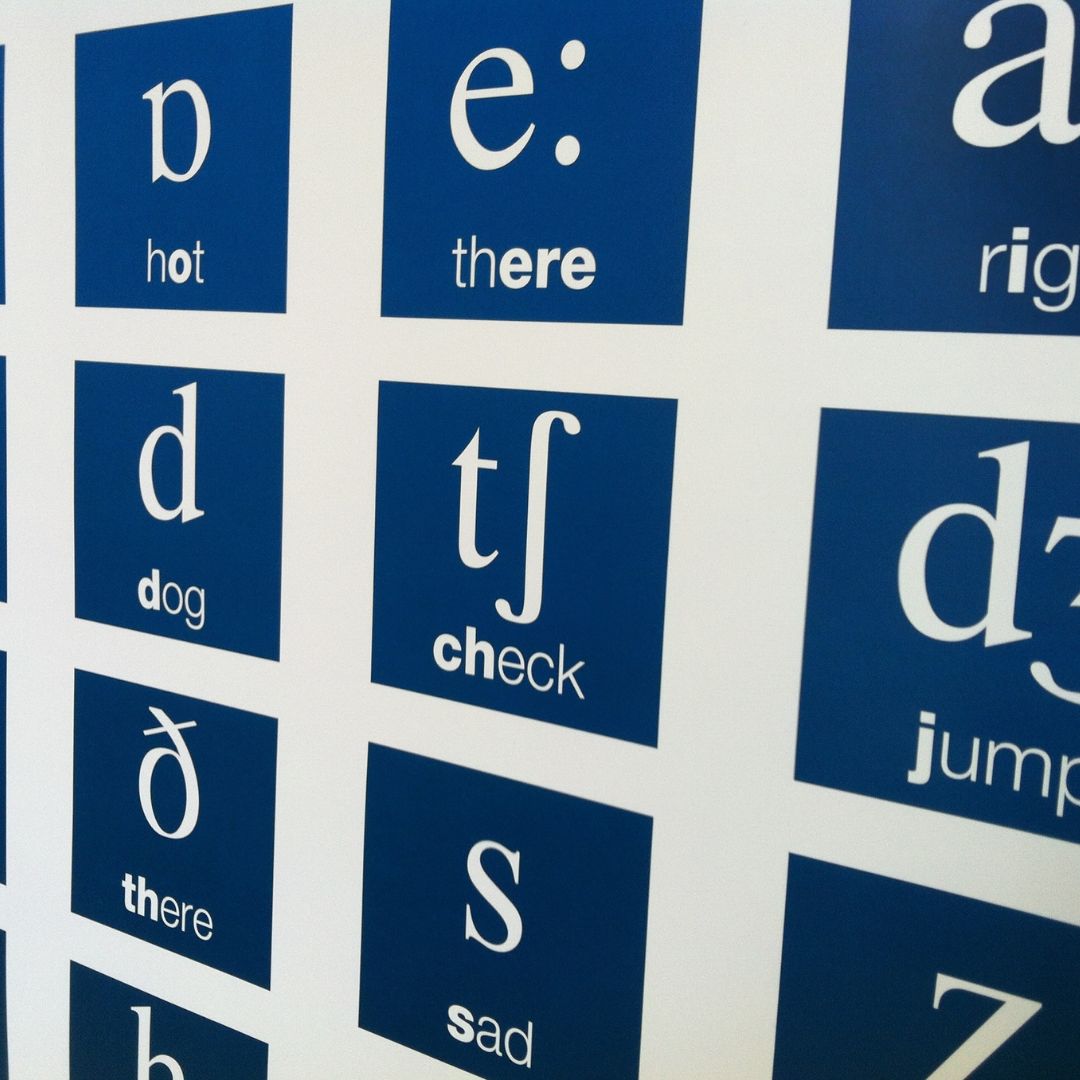Courses in General English (EFL)
For all ages and needs
- Regular English courses of 100 hours’ duration
- Compact English courses of 60 hours’ duration
- Short English courses (modules) of 10 hours’ duration based on specific topics
English courses of regular duration
General English (EFL)
8 LEVELS OF 100 HOURS OF LESSONS EACH
Each level consists of 100 hours of lessons and requires 200 hours of self-study.
Compacted or intensive English courses
General English (EFL)
8 LEVELS OF 60 HOURS OF LESSONS EACH
Each level consists of 60 hours of lessons and requires 240 hours of self-study.
Short English courses on specific topics
General English (EFL)
INDEPENDENT MODULES OF 10 HOURS’ DURATION ON SPECIFIC TOPICS IN ALL 8 LEVELS
These modules review specific EFL topics and are useful for filling gaps in previous learning or preparing for an exam.
Ready-made courses in General English
Regular, Compacted or by Topic

ENGLISH FOR GENERAL PURPOSES (GE1)
Course Codes: EFL-RNI/GE1 EFL-RPI/GE1 EFL RFI/GE1 EFL-CFI/GE1 EFL-TFI/GE1

ENGLISH FOR BRITISH INTERNATIONAL EXAMINATIONS (GE2)
Course Codes: EFL-RNI/GE2 EFL-RPI/GE2 EFL RFI/GE2 EFL-CFI/GE2

ENGLISH FOR ADMISSION TO A GLOBAL TOP-50 UNIVERSITY (GE3)
Course Codes: EFL RFI/GE3 EFL-CFI/GE3 EFL-TFI/GE3

ENGLISH FOR ADMISSION TO A UNIVERSITY IN AN EFL COUNTRY (GE4)
Course Codes: EFL-RNI/GE4 EFL-RPI/GE4 EFL RFI/GE4 EFL-CFI/GE4 EFL-TFI/GE4

ENGLISH FOR PUBLIC SECTOR JOBS IN EFL COUNTRIES (GE5)
Course Codes: EFL-RNI/GE5 EFL-RPI/GE5 EFL RFI/GE5 EFL-CFI/GE5
Information about GE1 - General English
- Open or closed groups
- Non-interactive, part-interactive or fully-interactive
- Online, In-person, or on a short break
- Regular = 8 levels of 100 hours each (levels 1-8)
- Compact = 8 levels of 60 hours each (levels 1-8)
- Topics = Independent modules of 10 hours each, based on any topic of EFL, for any need, at any one of the 8 levels
- Minimum level of ability in EFL to participate in a group = 0
- Minimum age to participate in a group = 7
Information about GE2 - General English for British international examinations in EFL
- Open or closed groups
- Non-interactive, part-interactive or fully-interactive
- Online, In-person, or on a short break
- Regular = 7 levels of 100 hours each (levels 1-7)
- Compact = 7 levels of 60 hours each (levels 1-7)
- Topics = Independent modules of 10 hours each, based on any topic of EFL, for any need, at any one of the 7 levels
- Minimum level of ability in EFL to participate in a group = 0
- Minimum age to participate in a group = 7
Information about GE3 - English for admission to a global top-50 university
- Closed groups only
- Fully-interactive
- Online, In-person, or on a short break
- Regular = 6 levels of 100 hours each (levels 3-8)
- Compact = 6 levels of 60 hours each (levels 3-8)
- Topics = Independent modules of 10 hours each, based on any topic of EFL, for any need, at any one of the 6 levels
- Minimum level of ability in EFL to participate in a group = 3
- Minimum age to participate in a group = 16
Information about GE4 - English for admission to a university in an EFL country
- Open or closed groups
- Non-interactive, part-interactive or fully-interactive
- Online, In-person, or on a short break
- Regular = 5 levels of 100 hours each (levels 1-5)
- Compact = 5 levels of 60 hours each (levels 1-5)
- Topics = Independent modules of 10 hours each, based on any topic of EFL, for any need, at any one of the 5 levels
- Minimum level of ability in EFL to participate in a group = 0
- Minimum age to participate in a group = 11
Information about GE5 - English for public-sector jobs in EFL countries
- Open or closed groups
- Non-interactive, part-interactive or fully-interactive
- Online, In-person, or on a short break
- Regular = 5 levels of 100 hours each (levels 1-5)
- Compact = 5 levels of 60 hours each (levels 1-5)
- Topics = Independent modules of 10 hours each, based on any topic of EFL, for any need, at any one of the 5 levels
- Minimum level of ability in EFL to participate in a group = 0
- Minimum age to participate in a group = 16
144 MODULES IN 6 POPULAR TOPICS IN EFL
3 modules per each one of the 8 levels
24 modules in each one of the 6 popular topics

PHONETICS, PHONOLOGY & PRONUNCIATION
Code: EFL-TFI/TOP1
24 modules [3 per level x 8 levels]

PHRASAL VERBS & IDIOMATIC EXPRESSIONS
Code: EFL-TFI/TOP2
24 modules [3 per level x 8 levels]

LEXIS, REGISTER & GENRE
Code: EFL-TFI/TOP3
24 modules [3 per level x 8 levels]

SPEAKING & WRITING
Code: EFL-TFI/TOP4
24 modules [3 per level x 8 levels]

LISTENING & READING
Code: EFL-TFI/TOP5
24 modules [3 per level x 8 levels]

SYNTAX & PUNCTUATION
Code: EFL-TFI/TOP6
24 modules [3 per level x 8 levels]
CHOOSE US
Principal characteristics of the topic-based EFL modules:
British teachers?
Yes.
Fully-interactive?
Yes. There is interaction with the teacher and other learners. Feedback webinars are interactive and there is personalised correction of any written texts. Our definitions can be read here.
Number of levels?
8 Levels: 1=Beginner, 2=Elementary, 3=Pre-intermediate, 4=Intermediate, 5=Post-Intermediate, 6=Advanced, 7=Proficient and 8=Quasi-native.
Duration of each module?
10 hours. Lessons online or in-person are 2 hpw x 5 weeks. Tuition on short breaks is 5 hpd x 2 days (weekend).
Tailor-made modules?
No. TFI topics are off-the-shelf modules. Tailor-made modules are available only by special arrangement.
Minimum age to participate?
Seven (7) years.
Minimum ability in EFL needed to participate?
No ability in EFL required.
Lessons online?
Yes, as standard. 2 hpw x 5 weeks
Option of lessons in person?
Yes. However, a dislocation fee may apply.
Option of tuition on a short break?
Yes. 5 hpd x 2 days at weekend facilities in the learners’ own countries.
Off-the-shelf modules?
Yes. Tailor-made modules in EFL Topics are available only by special arrangement.
EFL FAQs
I have seen the abbreviation ESOL somewhere. What does it stand for?
ESOL stands for English for Speakers of Other Languages. It is usually associated with EFL courses for immigrants living in ENL countries.
I need to prepare to enter university in my country where the language of instruction is English. Do I need the EFL route or the ESP route?
You would need the EFL route. ESP courses are designed to help you with specific needs as a university student or university professor.
To enter university in certain countries, it is not necessary to have EFL skills beyond level 3. However, in other countries, it may be necessary to have reached at least level 5.
I need to prepare to enter a university in the UK or USA. What level of proficiency in EFL would I need?
That depends on the ranking of the university and the academic discipline you wish to pursue. Degrees such as Engineering at an average-ranking university usually require at least level 5. Degrees in Law or Journalism at a top university may require at least level 7.
I need to offer English language skills to get a good job in a good company in my country. In general, what level of EFL would employers expect?
That depends on where you live. Based on our experience, Level 5 (Upper Intermediate) would be considered good in Europe. In Latin America, level 3 (pre-intermediate) would be considered good. However, the appropriate EFL level also depends on the type of job you are looking for.
ALL THE EFL COURSES AND MODULES ABOVE ARE READY-MADE.
Contact us if your needs are not covered by our ready-made courses and modules above. We can provide a tailor-made solution to your learning needs.
Most current or aspiring learners of English will find our EFL courses and short-topic areas above to be very comprehensive.
However, if you or your employers have a need that is not addressed above, please contact us for a bespoke EFL program.
We have global reach and can deliver ready-made and tailor-made programs for individuals and organisations in most parts of the world.





